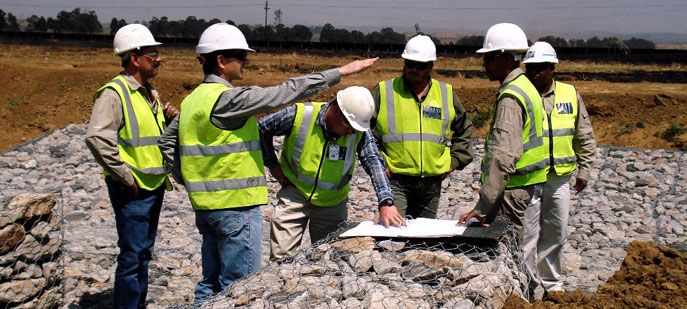In today’s business landscape, environmental responsibility is no longer optional. Companies are increasingly held accountable for their impact on the environment, and the expectations to operate sustainably are higher than ever environmental consultants. Navigating the complex world of environmental regulations and sustainability goals can be challenging, but an environmental consultant can make it manageable and profitable. Here are five key reasons why your company needs an environmental consultant today.

1. Ensure Compliance with Environmental Regulations
Environmental regulations are becoming more stringent worldwide, and non-compliance can result in significant financial penalties, reputational damage, and operational delays. Laws vary depending on your industry and location, making it difficult for companies to stay up to date. Environmental consultants are experts in these regulations and can ensure your business meets all local, regional, and international environmental standards, saving you from potential fines and costly legal challenges.
2. Enhance Sustainability and Corporate Social Responsibility (CSR) Initiatives
Sustainability is no longer just a buzzword; it is a key component of business strategy. Many consumers and investors now prioritize companies that demonstrate a strong commitment to sustainability. An environmental consultant helps businesses implement eco-friendly practices that go beyond compliance and actively contribute to sustainability goals. From reducing carbon footprints to improving energy efficiency, a consultant can guide your company in integrating sustainability into your core operations, enhancing your CSR image.
3. Cost Savings Through Efficient Resource Management
One of the major benefits of hiring an environmental consultant is the potential for cost savings. By optimizing energy consumption, reducing waste, and managing resources efficiently, your company can lower its operating costs. Consultants can conduct audits, recommend sustainable alternatives, and design systems that cut down on unnecessary resource use. In the long run, this can significantly improve your bottom line, especially in industries with high energy or resource demands.
4. Risk Management and Pollution Control
Environmental risks can range from contamination and hazardous waste management to air and water pollution. Mismanaging these risks can lead to severe consequences for your business, including environmental damage, lawsuits, and even shutdowns. An environmental consultant assesses these risks and develops strategies to mitigate them effectively. They can also create emergency response plans, ensuring your business is prepared to act quickly in the event of an environmental incident, safeguarding both the environment and your company’s reputation.
5. Support for Obtaining Environmental Certifications
Many industries now require specific environmental certifications as a mark of credibility and commitment to sustainability. These certifications, such as LEED (Leadership in Energy and Environmental Design) or ISO 14001, can provide a competitive edge in the market. An environmental consultant has the expertise to guide your company through the certification process, ensuring that you meet the necessary requirements. Achieving such certifications not only enhances your company’s image but also demonstrates to stakeholders that you are serious about environmental responsibility.
Conclusion
Incorporating environmental consulting into your business strategy is no longer just a good idea—it’s essential. Whether you want to ensure compliance, enhance sustainability, cut costs, manage environmental risks, or obtain industry certifications, an environmental consultant is your best partner. The investment you make in hiring an expert today will pay off in both the short and long term, helping you protect the planet and drive business success.